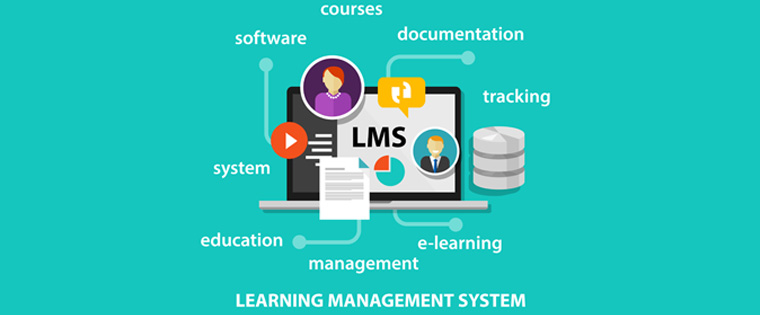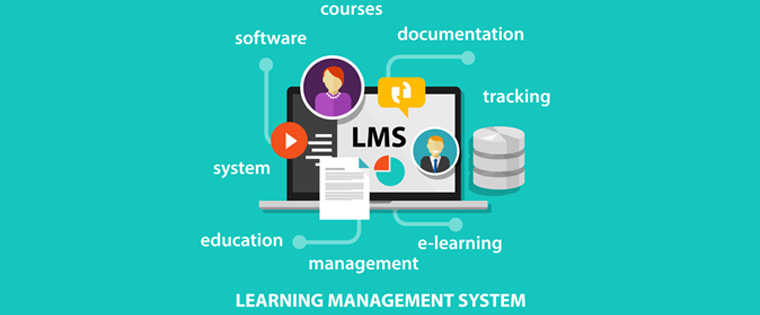Is MOODLE Compatible with Section 508?

The power of the Web is in its universality. Access by everyone regardless of disability is an essential aspect.
Tim Berners-Lee, Inventor of the World Wide Web
Accessibility is all about designing products and services that can be used by all, irrespective of their physical limitations. Nowadays, parking lots, vehicles, hospitals, and more are being designed to accommodate people with disabilities. So why not learning and training? Shouldn’t they be accessible to people with disabilities as well?
Section 508 of the US Workforce Rehabilitation Act and the Web Content Accessibility Guidelines (WCAG) has been established to make web content accessible to people with disabilities. As a result, American corporate organizations need to make their online training content accessible to employees with disabilities. Several other countries and companies are also making their online learning content accessible to everybody, to promote inclusivity.
Want to know why you should care about accessibility in your e-learning?
How can you make your e-learning courses compliant with Section 508? Well, by making your Learning Management System (LMS) accessible to learners with disabilities.
The quest to provide equal opportunities to everyone, irrespective of their physical condition, has opened the doors of accessibility on the web, and it eventually spread to Learning Management Systems.
According to a survey by Capterra, MOODLE is the most popular open source LMS. Does this major, open source LMS support accessibility? Though MOODLE is not completely accessible, it supports all major features of accessibility and its developers constantly work to make it fully accessible. It supports screen reading, global keyboard shortcuts, and some important features. Let’s look at them in detail.
Adheres to Accessibility Guidelines
MOODLE adheres to Web Content Accessibility Guidelines (WCAG), Authoring Tools Accessibility Guidelines (ATAG), and the guidelines to develop Accessible Rich Internet Applications (ARIA). MOODLE has also added a new text editor –Atto– that improves the accessibility of content.
MOODLE supports the most important technical and functional accessibility needs of most disability and assistive technology types as per the WCAG 2.0 guidelines.
MOODLE:
- Supports Alt Text, with some exceptions
- Is partially adaptable to presenting content in different ways, without the loss of information or structure
- Fully supports sequencing of content for presentation and reading
- Supports, with some exceptions, color use to convey information and contrast ratio for the visual representation of text
- Fully supports resizing of text
- Supports keyboard accessibility, with some exceptions
Supports Screen Reading
MOODLE supports screen reading with certain configurations.
Visually-challenged learners can read the screen through the Job Access With Speech (JAWS) screen reader software in Microsoft Internet Explorer. It also supports Non-visual Desktop Access (NDVA) screen reader software for Mozilla Firefox.
Know the interesting connection between disability and game-based learning.
Facilitates Effective Keyboard Interactions
MOODLE supports standard keyboard interactions so that learners with disabilities can access it easily, without having to use the mouse or visual navigation. Keyboard navigation patterns may differ from one browser to another, but interactions within any browser are the same.
Enables Accessible Collaborative Learning
MOODLE provides a simple Chat option, without frames and JavaScript, which can be used by visually-challenged learners, through screen readers.
Want to know how to choose the right Learning Management System? Download this comprehensive guide.
So to answer the question, is MOODLE Section 508 compatible, it definitely is, with the various features it supports and offers. Accessibility in learning and training gives you the opportunity to positively impact the lives of people with disabilities. And, you can make it possible using MOODLE.





